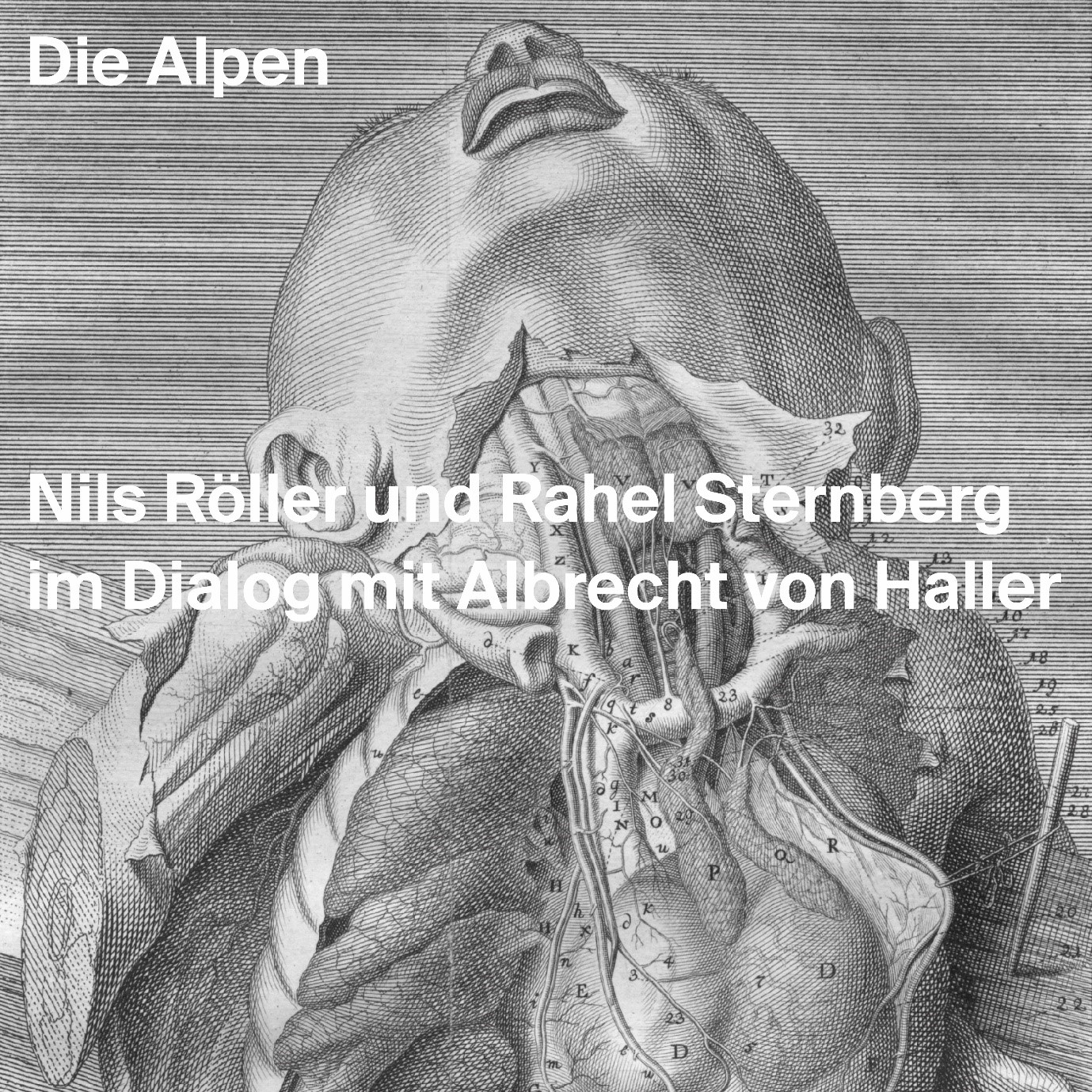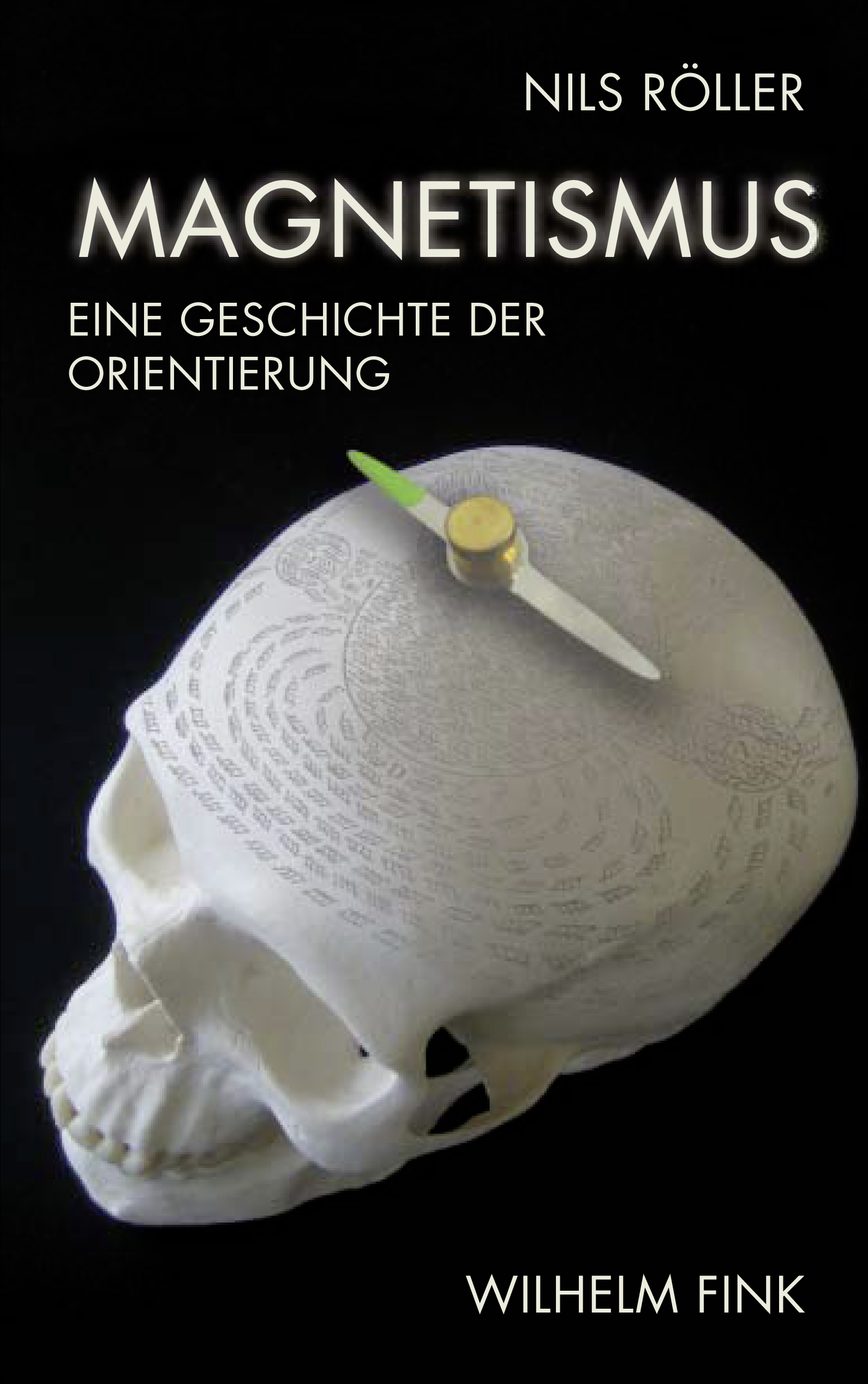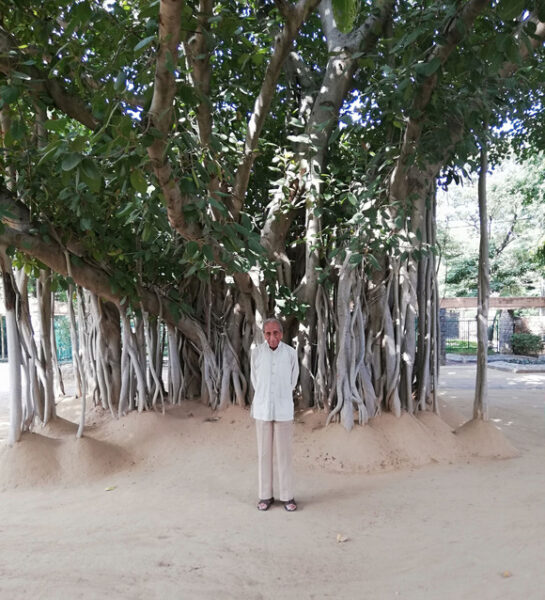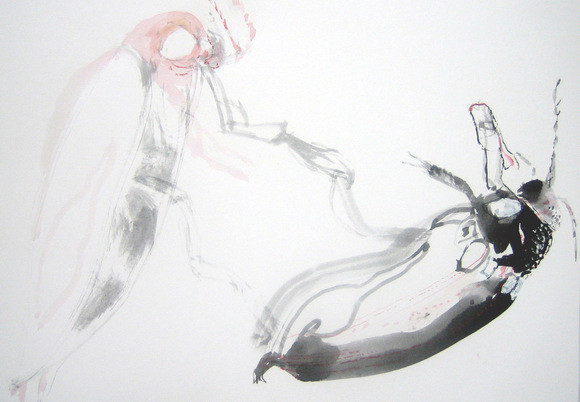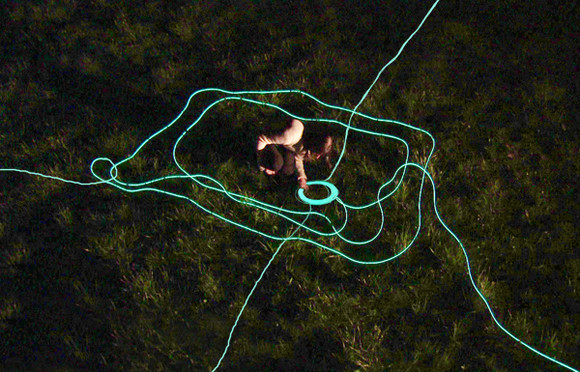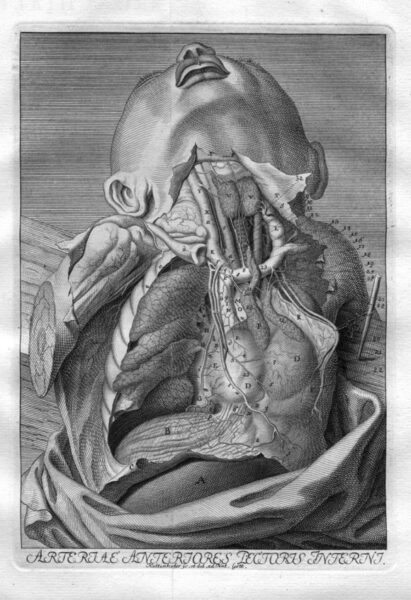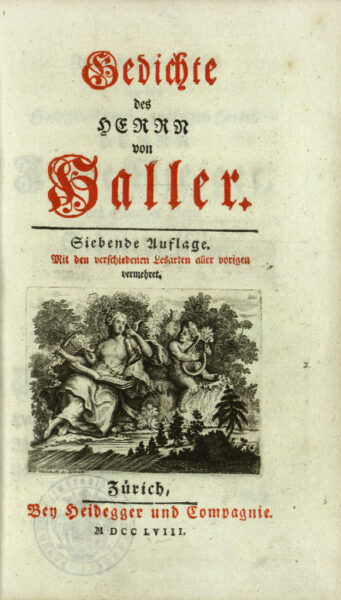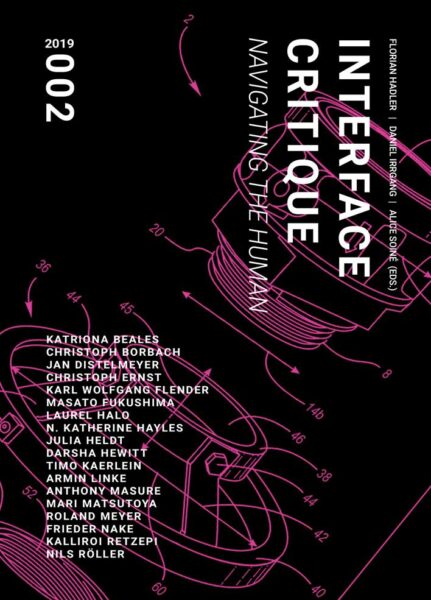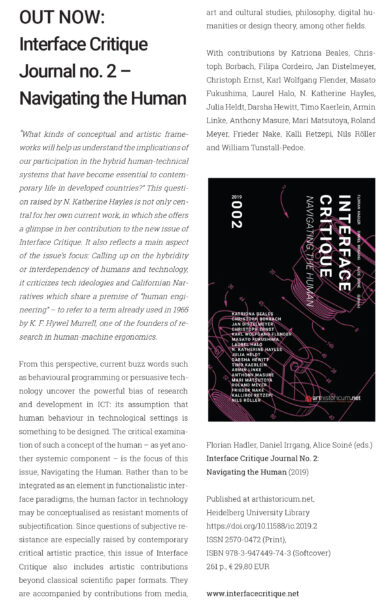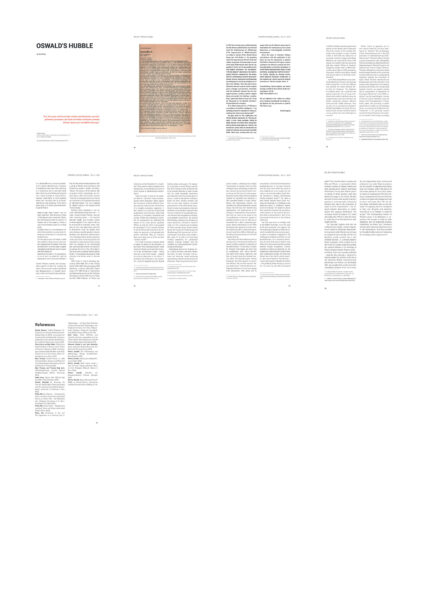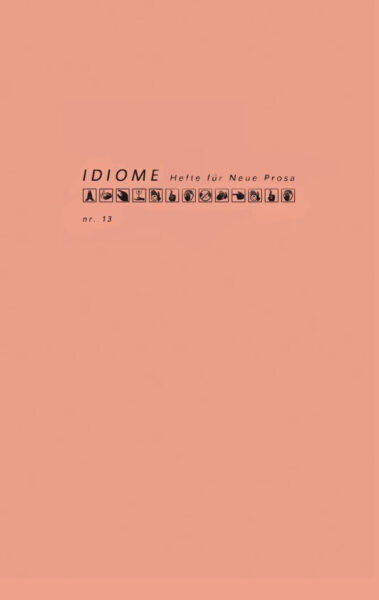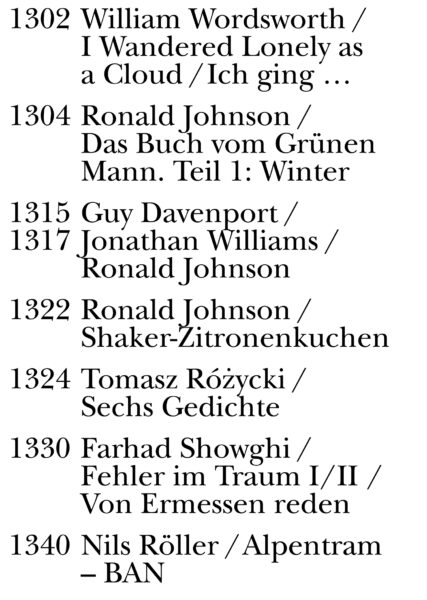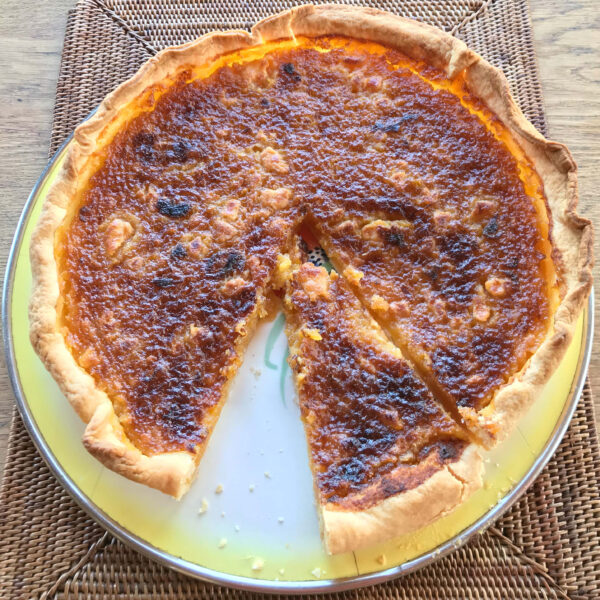“I am led by the hand.
Trust that,
it leads straight ahead,
where I already am.”
[Roth leaves Central Station in Zurich, he will meet collectors at the Kronenhalle, he walks to the Central, where the street is repaired. He asks the workers to give him the chance to try something out with sand]
This is what Roth says to himself inwardly as he walks on the sand.
He falters because he remembers that he had done things differently back then.
Now he wants something rhythmic, at that time he was concerned with pressure, capitalization, doubling and tripling, small imperceptible shifts from there to therst, from hand to handh, which caused that tingling sensation that could turn into a knee-jerking, if he held it out long enough, the jumping back and forth between the desire for words and the writing tool.
Translated with www.DeepL.com/Translator (free version)
So quickly, Roth, conjugate at least the second verse:
“You are led by the hand
Trust that,
It leads straight path therst,
Where you already are.”
And then let’s get out of here, put in another handful of sand and then greet the workers, really nice people. You are led by the hand, or better you should say: the lack of time of the alarm clocks and wristwatches or today the amount of time leads you to the Kronenhalle at the end of the Niederdorf. Trust the Roth who guides you, you suspicious puff-puff tree [Plunderbaum], you can trust what comes from you, Roth.
Translated with www.DeepL.com/Translator (free version)
That’s the way it goes, Roth! The way Roth goes:
You guide you
Not always straight,
Instead, you returne therst,
Where you have been.
Cancer, that is also again a form to set words: forward, sideways and backward or something. I, you, you, me, me, me, you, you, me, he could stamp in the sand, pour concrete over it and exhibit it as a rhyme relief. There the conjugations of the past come to life again. Why not try something new, really new: Finally approach Petrarch? Maybe ask Rühm, or especially Wiener, Oswald Wiener? Give Wiener another chance, maybe that would be better for you, too, although: Wiener would know everything better once again, you know that, Roth. How disgusting he called you “on a first-name basis” in his heap of partially digested things (Teilverdautes). Then he wrote about you, Roth, as a “he”: “poor he was”, that is, you yourself, Roth, appeared “with a suitcase full of unsaleable art”, so that he had a hard time having a complicated perception of him, that is, of you, Roth. Then Oswald had fallen for the rotten you.
Translated with www.DeepL.com/Translator (free version)
xxxxxxxxxxxxxxxxxxxxxxxxxxxxxxxxxxxxxxxxxxxxxxxxxxxxxxxx
[Seeing a book, buying it, then Roth rests at the Cafe Zähringer, a historical place. From there Lenin departed for the October Revolution, Roths form of writing and speaking (Collected Interviews) became dynamic, worked inside, became active]
There is something else in Gautschi’s book about Lenin that Roth enjoys. That makes him lose his envy, his jealousy of followers, institute and collected works in the languages of the world. Roth is not a projectile of history, but one on which the projectiles arrive, that others are shooting at him like just the Gautschi with his Lenin in Switzerland. They can still fire from history in Roth’s time, who did nothing to them, who is nevertheless hit by their words. Roth weighs a projectile sentence carefully, can stalk him before it causes inside any damage. Gautschi got this sentence from Lenin, he probably got it from Clausewitz and he probably got it from Napoleon. He was a small man, small like Lenin and not round and full of holes like the sweaty Swiss cheese Roth, who had already been riddled with holes by the projectiles of others, by the mother radios and folk radio stations.
Roth does not, of course, tell everyone which sentence he is lurking at because it seems to be helpful, not at all silly to think about. After all, he is not a truth-giver and seducer of the people. Nor does Roth write it in his diary. Roth keeps the most important things secret. It could be that they take possession of his diaries. Then he has nothing more, and the others take over his weapons. Then he can no longer defend himself. Maybe he’ll smuggle the sentence into the title for his latest stuff today. He can also do it here warning them dozens of times, telling them off in the style of Lenin:
I’ll tell you something,
You, who are sitting here in the cafe,
You, who are here drinking and feeding yourselves,
I would advise you,
I would like to share a secret with you,
I will not seduce you.
You will lead you,
Lead you from the mouth
In the hand,
A life that could not be better,
Because it is bad and will remain bad.
Yes, rebellion is an art,
But knowing that is of no use to you.
Because Roth tells you:
You are not artists.
Roth is not an artist either.
For no man is an artist, Roth tells you this,
But that will not help you.
Nothing is of any use at all.
No uprising is of any use.
There’s no art in knowing that,
When there are no artists who could make a fuss.
Why do I tell you this?
Out of pity.
Because I am an expert in ethics, like all those who call themselves artists or are called so. The idiots who are experts in insurrectionist-revolutionary questions, they have to tell you something like I am telling you? Why?
That’s what Roth, the one who is affected on all sides, who has always been affected by words, tells you.
Roth tells you why you are always being told something.
You are told so that something is said.
Something has to be said because the saying-speaking machine is running.
The machine that makes opposites and shoots at people,
It always runs.
No one, not even an artist,
No one who does not exist can exhibit them.
No one who does not exist, but someone, can exhibit them.
There you hear what the language does.
And because it always does something like that,
So nobody is playing games with nobody,
That is why it is always necessary to speak.
But what, Roth, is special about those who call themselves artists
Or be called that?
There is nothing special about them.
That’s why nobody is an artist, because nobody is one.
What about him, the Roth, who tells you this?
He has money, earns it with what is called art.
This Roth says nothing to you now and yet he answers.
Roth, the workman, the chamberlain of the wretch of himself [Kämmerer des Kümmerlings seiner selbst], this Roth,
Although not hereditary nobleman, not lawyer, not cyclist, not swimmer,
Mountaineer especially not because they are too high for him,
Mushroom picker anyway not, because they are too low for him,
This Roth, Roth’s son, Rothsohn’s Roths Rothsohn, answers with a round for everybody.
This Roth spends one, lets the waiters bring drinks that the tables bend. Roth himself will go from table to table with the bottles and pour them. Roth gives away money immediately. He has done that many times before. He puts it in his pocket and gives away hundreds, thousands. To his children anyway, to friends, to waiters, why not now to others, to everyone?
Why not now, Roth?
Roth will tell you, but unfortunately he has to keep the saying-speaking machine, the saga and typewriter running.
xxxxxxxxxxxxxxxxxxxxxxxxxxxxxxxxxxxxxxxxxxxxxxxxxxxxxxxxxxxxxx
“I am led by the hand.
Trust that,
it leads straight ahead,
where I already am.”
